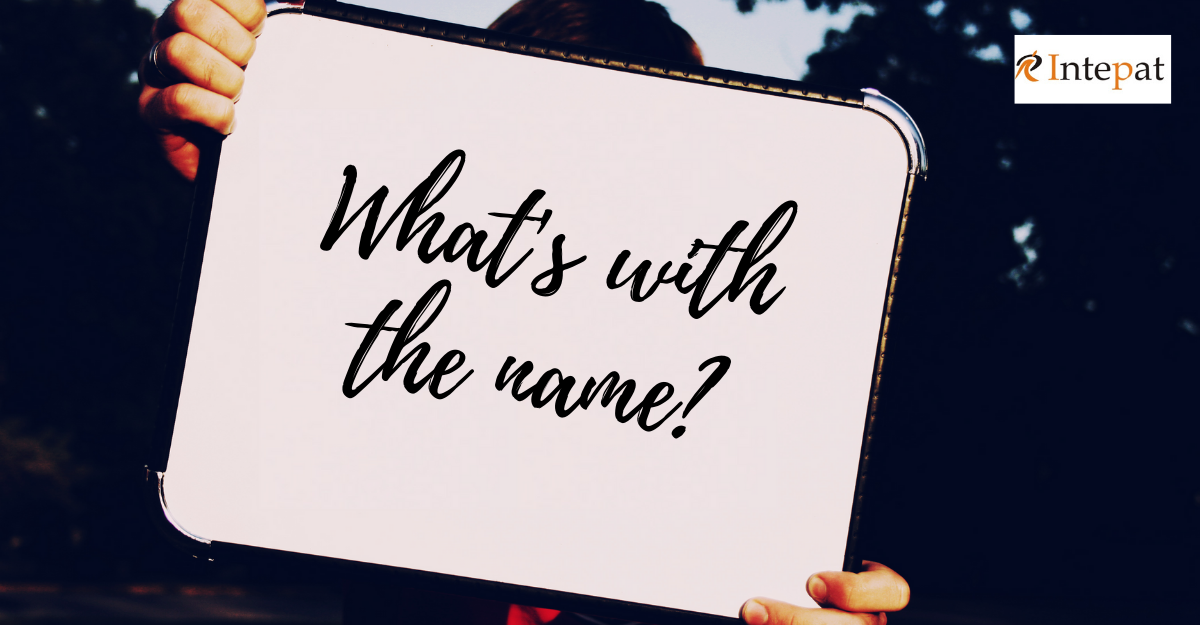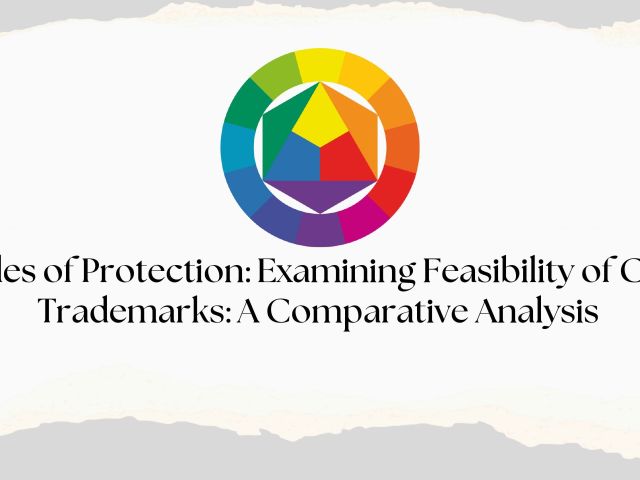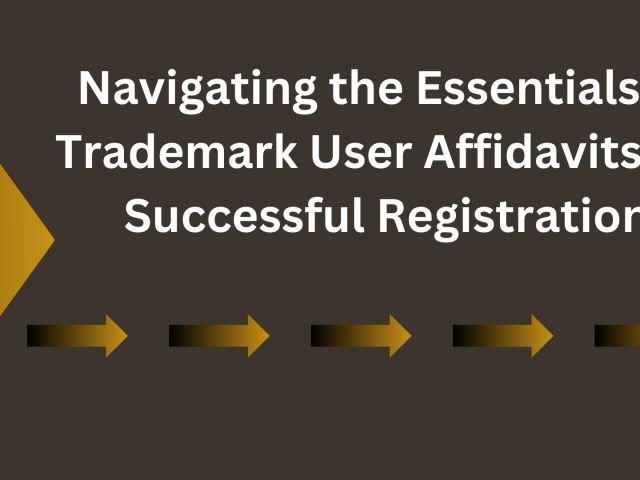Coronavirus disease (COVID) an infectious disease that has taken the world at the storm and has effected both physically and economically the well-being of large numbers of the population. While the world is fighting the COVID, some are making the most of it as an opportunity for commercial gains and are filing patent and trademark registration globally and in India for the words and expressions that have gained popularity in the recent times. While the reasons behind this ultimate raise of applications vary, there are a number of concerns that are to be considered as opportunists are pursuing to capitalize on the misery of others. I shall primarily focus on the issues of registering trademarks related to the pandemic.
‘Coronavirus’ and ‘Covid-19’ related trademarks
In recent times there has been an increase in trademark applications for ‘Coronavirus’ and related marks. There are applications that are filed under class 5 that is in regard to medical pharmaceuticals, and veterinary products. More bewildering are the applications filed under class 3 for the mark ‘Corona Safe’ for ‘smoothing and cleaning face masks’ and class 9 for the mark ‘Corona’ in regard to a ‘computer anti-virus software’. As anticipated none of these applicants have begun using the mark and there is an alarming possibility that they might have no intention to use it in the near future.
The Chinese trademark office issued guidelines on 27th February 2020 in order to control the excessive number of applications in regard to the COVID trademarks. These guidelines were to bring about a positive environment in these tough times and to curb the malicious filings. There exists no such strict regulations or provisions in regard to such trademarks in India. Particularly, such marks are to be completely refused by the registry as it is of generic nature and can be refused under Sec 9 (absolute grounds of refusal) of the Trademarks Act 1999 (‘Act’).
Probability to deceive
In the present situation, the best response the governments and healthcare institutions have to fight the virus is ‘Social distancing’. Research institutions and Multinational Pharmaceutical giants are testing the maximal number of medicines in the hope of finding a cure or treating the patients. It is surprising and moreover stupefying as certain proprietors have sought registration for marks like ‘NO CORONA’, ‘COVID- Relief’, and ‘DHL CORONAVIRUS PREVENTIVE’.
The marks like ‘NO CORONA’ for an umbrella of goods and services like pharmaceuticals, medical and veterinary preparations, and transportation modes are expressively misleading and causing confusion as most of the consumers using such products might very well assume that it prevents or cures COVID-19, especially in these times of abundant fake and misinformation. Considering the research in progress in regard to the prevention and cure of the virus, it is highly impossible that goods sold under such marks actually present a definite cure.
According to Section 9(2)(a) of the act states that “a mark shall not be registered as a trademark if it is of such a nature as to deceive the public or cause confusion”. This provision aims to curtail registrations of marks which can probably deceive or cause confusion among the public. In the current scenario, the marks like ‘NO CORONA’ or similar marks can very well ‘deceive’ the consumers into believing that the products are effective, when in reality they may not be. mark effecting its usage in the markets.
Descriptive Mark
Section 9 (1) (b) of the act provides ground for refusal of registration, “which may serve in trade to designate the kind, quality, quantity, intended purpose, values, geographical origin or the time of production of the goods or rendering of the service or other characteristics of the goods or service.”
Marks like ‘COVID-RELIEF’, ‘NO CORONA’, ‘CORONA SAFE’, and ‘ANTI-CORONA’ are descriptive in nature and fall under Section 9(1)(b). They can escape the clutches of the section through acquired distinctiveness, which is an exception to 9(1). In the present situation, acquired distinctiveness cannot be used as an exception as all of these marks are proposed to be used.
Generic Character
Further, that the terms in relation to the Coronavirus pandemic are used widely the public sphere in large numbers generically that it has become not capable for deriving the origin for any of the goods and services, as it will be seen as a reference to the virus itself, rather than distinguishing the goods from those other goods that are similar in the market. Section 9(1)(b) of the Act prohibits registration of generic trademarks. However, Section 32 of the act provides an exception that the burden of proof is on the proprietor to prove its acquired secondary distinctiveness or significance.
In certain previous cases, the courts have held terms like ‘Krishna’ and ‘Achi’ to be generic terms and the proprietors have failed to prove its secondary acquired distinctiveness. As of now “COVID-19 or Coronavirus” is a term that is so widely used that it recognizes a product category and is very generic in nature. The burden of proof lies on the proprietor to prove its acquired secondary distinctiveness, which is improbable as the terms are proposed to be useful and are currently not in use. Hence, the term cannot be provided legal protection as a trademark.
Pre-existing Registered Trademarks
In the face of it, there should be no problem if goods are offered under Class 5 as the marks concern completely different products as compared to the “pre-existing Registered Trademarks”. A person of ordinary intelligence would no associate ‘Corona’, the mark used for pharmaceuticals to that of the already existing mark for beer. Even if there is an application for an already existing and registered tagline it becomes highly improbable to prove dilution.
As per the judgment of the Delhi HC in Itc Limited vs Philip Morris Products Sa And Ors, in order to establish trademark dilution firstly, a higher notch of identity or similarity between the marks and secondly, ‘dissimilarity of goods, the claimant mark having a reputation in India, the use of the mark without due cause, resulting in detriment to it, or the defendant taking undue advantage, have to be established.’ It is difficult to ascertain detriment to the previously registered trademark proprietors due to the new applications.
In these tough times, the Intellectual property offices around the world should bring about regulations in order to protect the right enforcement and registration criteria. The economy and financial markets around the world are in threat to survive these difficult times. Many corporations around have very high tendencies to resort to immoral activities in order to sustain themselves. Now is the time to Protect, Enforce, and Uplift by adhering to the established principles and rules of Intellectual Property Laws and lastly What’s with the name!!!! A world of difference????




